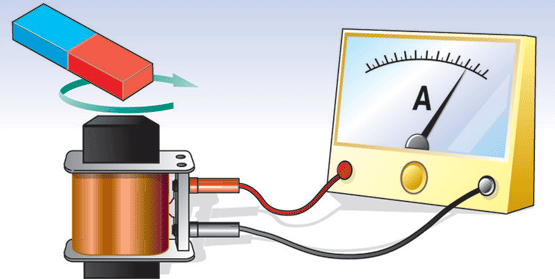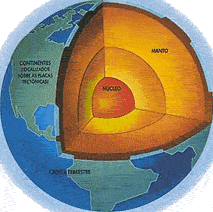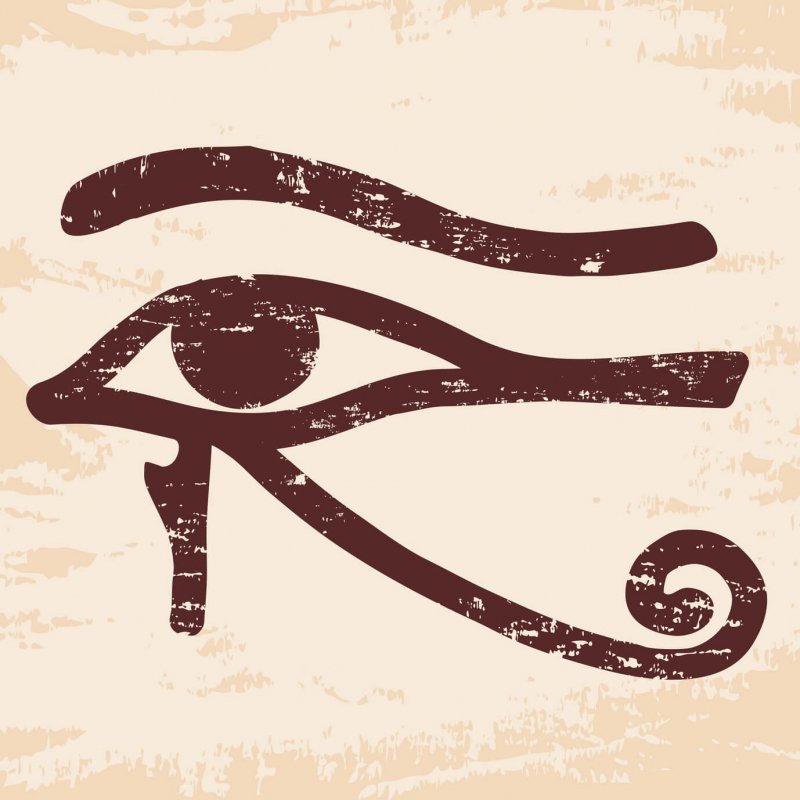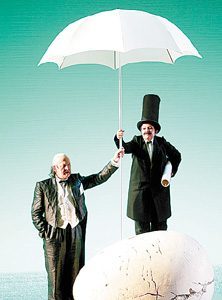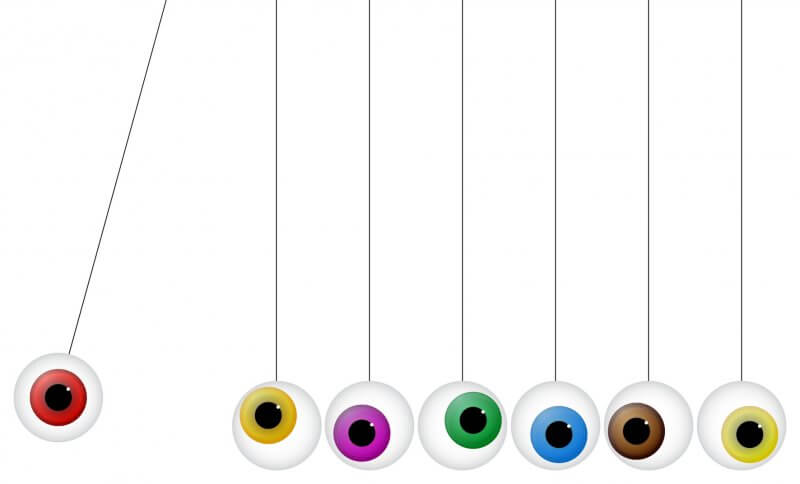 The word praxis comes from the Greek and means practice. The concept of practice must be understood in opposition to the concept of theory.
The word praxis comes from the Greek and means practice. The concept of practice must be understood in opposition to the concept of theory.
The distinction between theory and praxis
In common language theory and praxis are different ideas and at the same time complementary. Thus, knowledge is theoretical when it is presented from concepts, formulas, principles and schemes far from the everyday dimension. Praxis or practice is the concrete embodiment of the theory, that is, its execution through some procedure.
If we think of mathematical knowledge, we are dealing with theoretical knowledge, but through mathematics we can solve real and practical situations. In the context of computing, many users learn to deal with different devices simply by practicing, but this is possible because in the language of computing there is a general theory. These two examples refer to the interdependence between praxis and theory. In this sense, all praxis presupposes a theory and all theory has a practical projection.
Praxis as a philosophical concept
For the first Greek philosophers the idea of praxis could be applied to all non-contemplative and non-theoretical human activities. In other words, Greek philosophy distinguished between intellectual processes and material processes. Thus, a Greek mathematician who studied geometric shapes carried out a theoretical task, while a potter carried out a practical activity.
The concept of praxis was assumed by some Marxist philosophers, who coined the term "philosophy of praxis"
For Marxist thinkers, human praxis (for example, work or social relations) constitutes an essential source of information to build a theoretical approach. For Marxism, theoretical postulates must connect with the reality of things, with praxis.
 The idea of praxis is very present in a current of philosophy, pragmatism. This trend has developed especially in the United States throughout the 20th century. The fundamental principles of pragmatism are as follows:
The idea of praxis is very present in a current of philosophy, pragmatism. This trend has developed especially in the United States throughout the 20th century. The fundamental principles of pragmatism are as follows:
1) knowledge or truth about something cannot ignore its practical effects and
2) the truth about a matter or a moral judgment necessarily implies an assessment of its concrete usefulness. In this sense, the philosophers of this current avoid intellectualist positions and understand philosophical reflection as an instrument at the service of life.
Photos: iStock - tiburonstudios / FangXiaNuo
